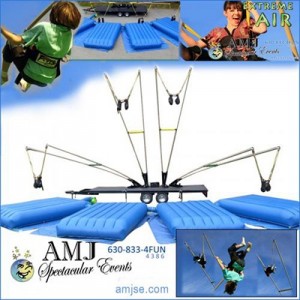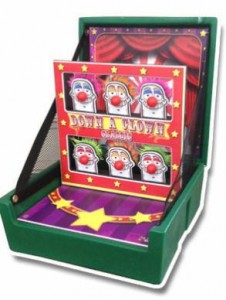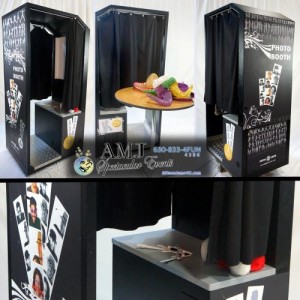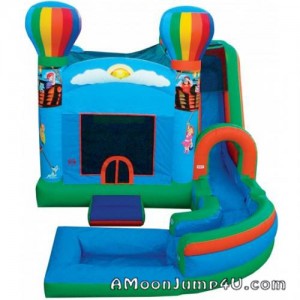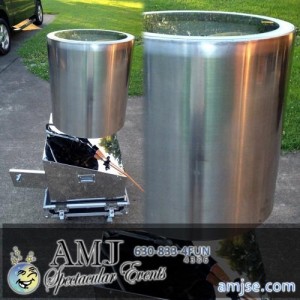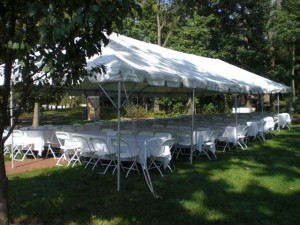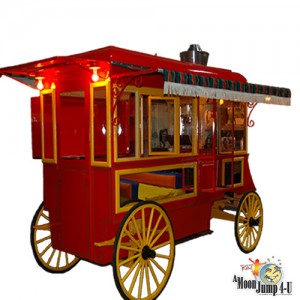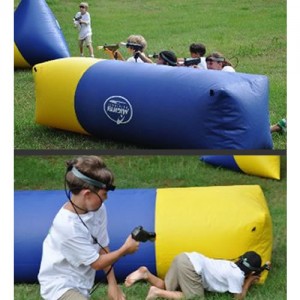
Whether you’re planning a small backyard barbecue, a wedding, or a benefit rock concert for thousands of guests, there are simple tips and tools to consider and make the most out of your event, regardless of budget and scale.
AMJ works with clients, to create events that are unique. We create large-scale corporate events for 5,000 people to intimate and exclusive gatherings for 10-20 people in a party tent, and regardless of the size or type of event, the same key elements are considered for the event and planning process.
Simple event planning tips common to all events that will help make your event come off without a hitch:
1. Set Your Sights on the End Game: What are your goals for the event? Is it to entertain guests or clients? Socialize with friends? Raise funds for a local charity? Knowing what you are trying to accomplish is the first step.
2. Go With Experts: Work with a reputable, established event planning company that has experience in creating events that match your vision. It is also important to work with reputable caterers, musicians/entertainers, florists, venues, rental companies, and other vendors that support your vision.
3. Plan: Be sure to book your team well in advance of your event. If you wait until the last minute, you may not end up with your first choice, and it may cost more if your timeline is unrealistic or too short.
Schedule regular planning meetings, assign tasks with a timeline established for each milestone and set clear deadlines. A well-planned event will give you the opportunity to pay attention to the details and finishing touches in the final moments.
4. Assign a Point Person: If you have a group of three or 30, appoint one person as the lead for the event. This person should coordinate and oversee the progress, vendors, and budgets and manage the overall planning process. Make sure everyone working on the event is aware of who this person is and their role.
5. Set a Realistic Budget: Planning an event without a budget can lead to financial disaster and undue stress when decisions need to be made or final payments are due. A realistic budget will help with the planning process and set expectations on what you can (and cannot) achieve. The costs associated with food, the venue, and incidentals can quickly add up. It’s always a good idea to set aside a contingency amount of approximately 10% to cover any unforeseen issues.
6. Location, Location, Location: Know the venue, the amenities and resource limitations. When looking at a location, consider availability and restrictions, seating and catering capacity, facilities, lighting, power, and parking. It’s always a good idea confirm if any other events might be taking place on the same day or next day to ensure you have plenty of room before and after the event for set up and break down. Also, consider an outdoor event in a party tent if an indoor option is not readily available.
7. Set Guest Expectations: Have a good idea of who you will be inviting to the event and the mix of your guests. Ensure your budget can adequately cover the per guest cost while meeting your event goals. Most importantly, clearly communicate to guests the event details including:
- Type of Event: “Business Social” vs. “Family Reunion and Barbeque”
- Attire: “Shorts and Flip Flops Encouraged” vs. “Black Tie”
- Guest restrictions: “Bring your kids” vs. “Guests must be 21 to attend”
- Event timing: “Cocktails at 6:30 p.m., Dinner at 8 p.m., Dancing from 9:30-10:30”
- Logistical details: Parking, hotel accommodations, dining options, sightseeing opportunities, weather, indoor vs. outdoor
8. Ambiance: Set the stage for your event by considering key elements. Food, lighting, seating arrangements, music, linens, glass and tableware, and entertainment are key components involved in building an event that sets the right mood for your guests. Consider one big “Wow!” effect, such as a private, intimate tent setting detailed with chandelier lighting, silk “swags” for added drama, or a fun fashion show-ready runway for the bride and groom.
9. Confirm Details: Don’t forget to follow up with vendors to ensure the day of the event will go smoothly. Confirm the event’s final details, in writing, with caterers, musician/entertainers, florists, venue contacts, rental companies, and anyone with a role in your event’s success. Create a checklist and don’t leave any details to the last minute.
10. Enjoy: You’ve invested the time and effort into planning an amazing event and the day of the event should flow seamlessly.

